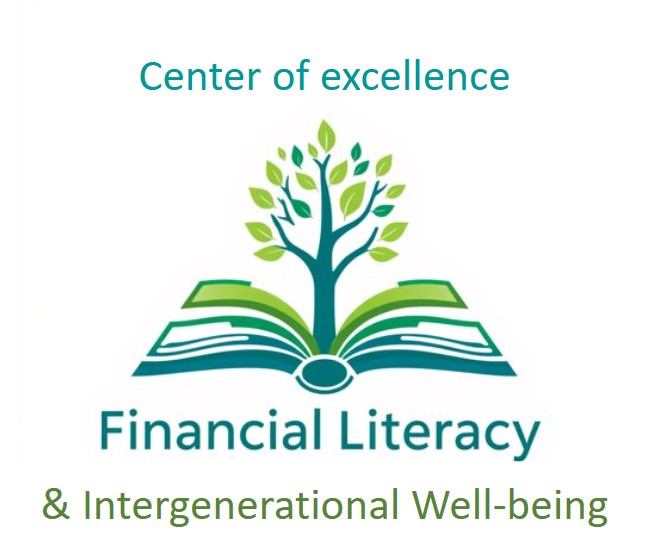Faktor–faktor yang Mempengaruhi Dividend Perusahaan Sektor Manufaktur yang Terdaftar di Bursa Efek Indonesia dan Bursa Malaysia
 Abstract Views:
846 times
Abstract Views:
846 times
 PDF Downloads:
787 times
PDF Downloads:
787 times
Abstract
This study aims to investigate the determinants of firms dividend payout ratio, such as life cycle stage, independent non-executive director, risk, firm size, market-to-book ratio, cash to total asset, and leverage of manufacturing sector companies listed in the Indonesia Stock Exchange and Malaysia Stock Exchange in 2014-2018. This study uses the quantitative approach and multiple linear regression to analyze the data. The object of this research are 295 year observations in Indonesia Stock Exchange and 600 year observations in Malaysia Stock Exchange. The Independent variables used in this study are life cycle stage and independent non-executive directors. While the control variables are risk, firm size, market-to-book ratio, cash to total asset and leverage. The study finds that in manufacturing sector companies listed in the Indonesia Stock Exchange, life cycle stage, independent non-executive director, firm size and market-to-book ratio affect dividend payout ratio positively. On the other hand, leverage affect dividend payout ratio negatively. While risk and cash to total asset has no significant effect on dividend payout ratio. Meanwhile in manufacturing sector companies listed in the Malaysia Stock Exchange, the study finds that life cycle stage, independent non-executive director, firm size, market-to-book ratio and cash to asset affect dividend payout ratio positively. While risk and leverage affect dividend payout ratio negatively.
Keywords: dividend policy, life cycle stage, independent non-executive director
Downloads
References
Al Shabibi & Ramesh. 2011. “An Empirical Study on the Determinants of Dividend Policy in the UK .” International Research Journal of Finance and Economics, 80, 105-120
C. Arko, A., Abor, J., KD Adjasi, C., & Amidu, M. (2014). What influence dividend decisions of firms in Sub- Saharan African?. Journal of Accounting in Emerging Economies, 4(1), 57-78.
Gunawan, K. E., Murhadi, W. R., & Herlambang, A. (2019). The effect of good corporate governance on dividend policy. Proceedings. International Symposium on Management XVI.
Hashim, H. A., & Amrah, M. (2016). Corporate governance mechanisms and cost of debt: Evidence of family and non-family firms in Oman. Managerial Auditing Journal, 31(3), 314-336.
Hauser, R., & Thornton Jr, J. H. (2017). Dividend policy and corporate valuation. Managerial Finance, 43(6), 663-678.
Irawati, Susan. 2006. Manajemen Keuangan. Bandung: Pustaka.
Murhadi, W. R., & Liliana, I. W. (2011). Studi pengaruh good corporate governance, analyst coverage, dan tahapan daur hidup terhadap kebijakan deviden. Manajemen & Bisnis, 10(1), 111-126.
Sartono, A. 2010. Manajemen Keuangan ”Teori dan Aplikasi”. Edisi Keempat. Yogyakarta: BPFE
Suharli, M, 2007, “Pengaruh Profitability dan Investment Opportunity Set terhadap Kebijakan Dividen Tunai dengan Likuiditas sebagai Variabel Penguat (Studi pada Perusahaan yang Terdaftar di Bursa Efek Jakarta Periode 2002-2004)”. Jurnal Akuntansi dan Keuangan, 9(1), 9-17
Yarram, S. R., & Dollery, B. (2015). Corporate governance and financial policies: influence of board characteristics on the dividend policy of Australian firms. Managerial Finance, 41(3), 267-285.

This work is licensed under a Creative Commons Attribution 4.0 International License.
Articles published in Journal of Entrepreneurship & Business are licensed under a Creative Commons Attribution 4.0 International (CC BY) license. You are free to copy, transform, or redistribute articles for any lawful purpose in any medium, provided you give appropriate credit to the original author(s) and the journal, link to the license, and indicate if changes were made.
Authors submitting to this journal agree to make their work freely available under the CC BY 4.0 license, ensuring broad dissemination and reuse. The full license details can be accessed at https://creativecommons.org/licenses/by/4.0/.
This ensures that they receive the maximum dissemination because there are no barriers to access. This license allows readers to disseminate and reuse the paper, but always requires them to grant the authors and the first publication full credit.
While JEB upholds ethical publishing standards, the responsibility for ensuring originality and compliance with copyright regulations lies with the authors. The journal is not liable for any legal claims related to the content of published articles.
For further inquiries, please contact the editorial team.

 DOI:
DOI:











